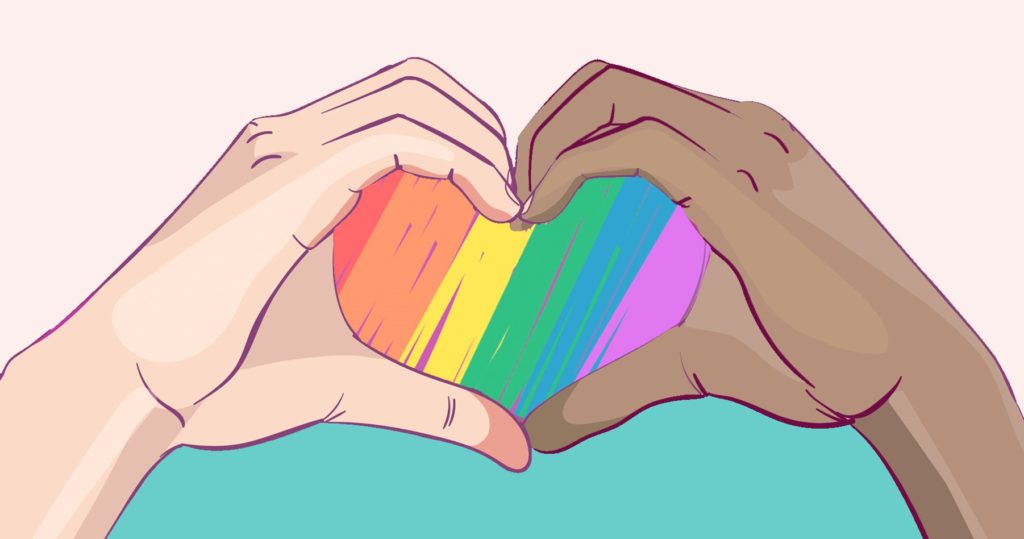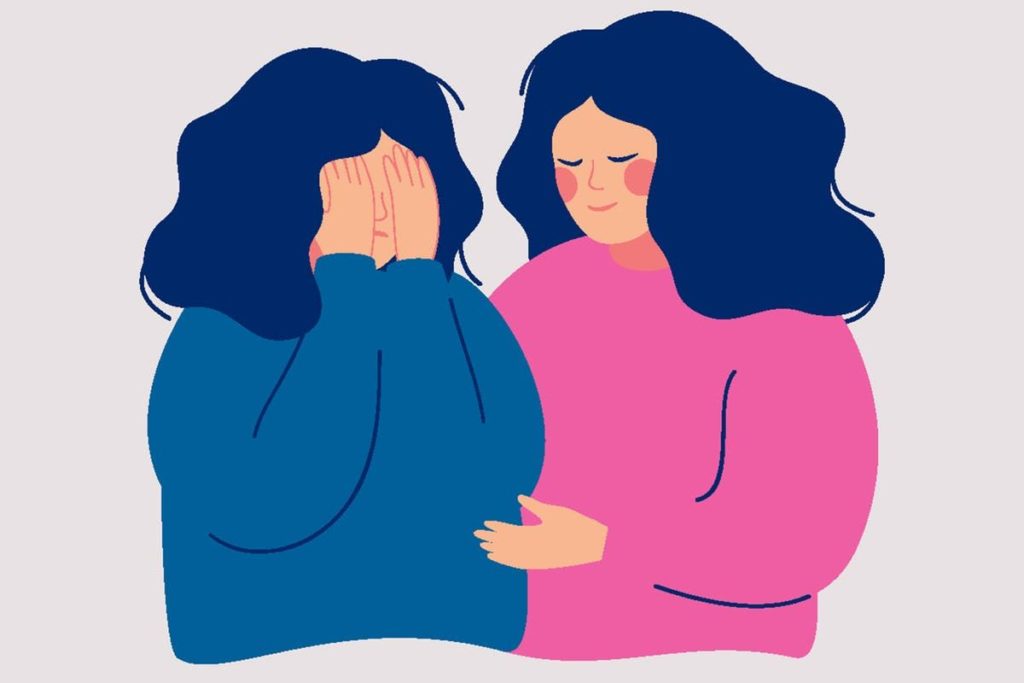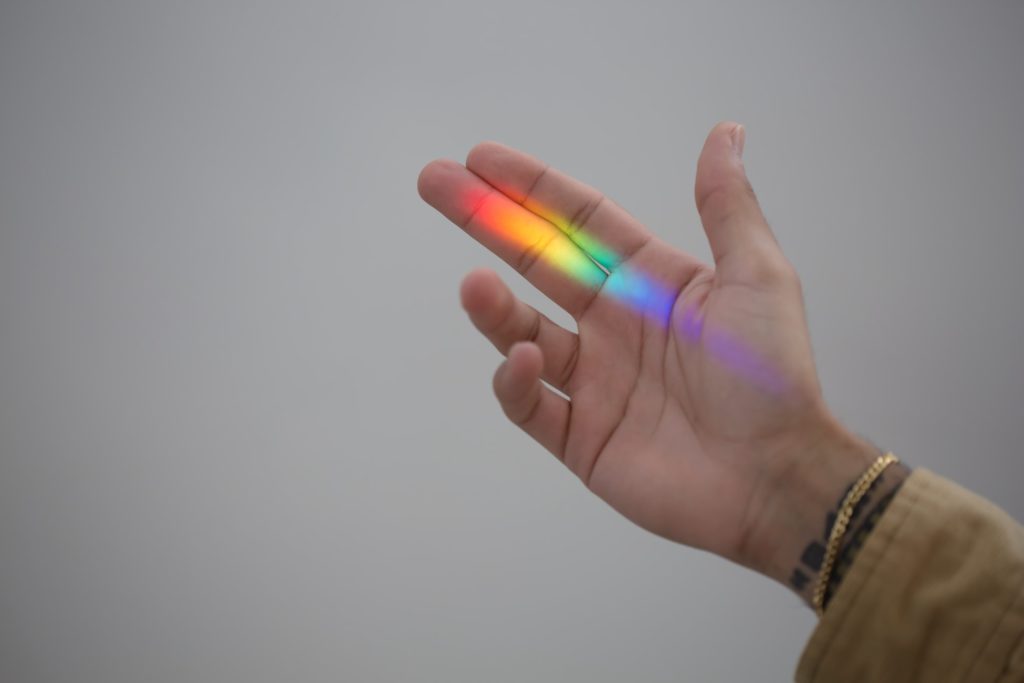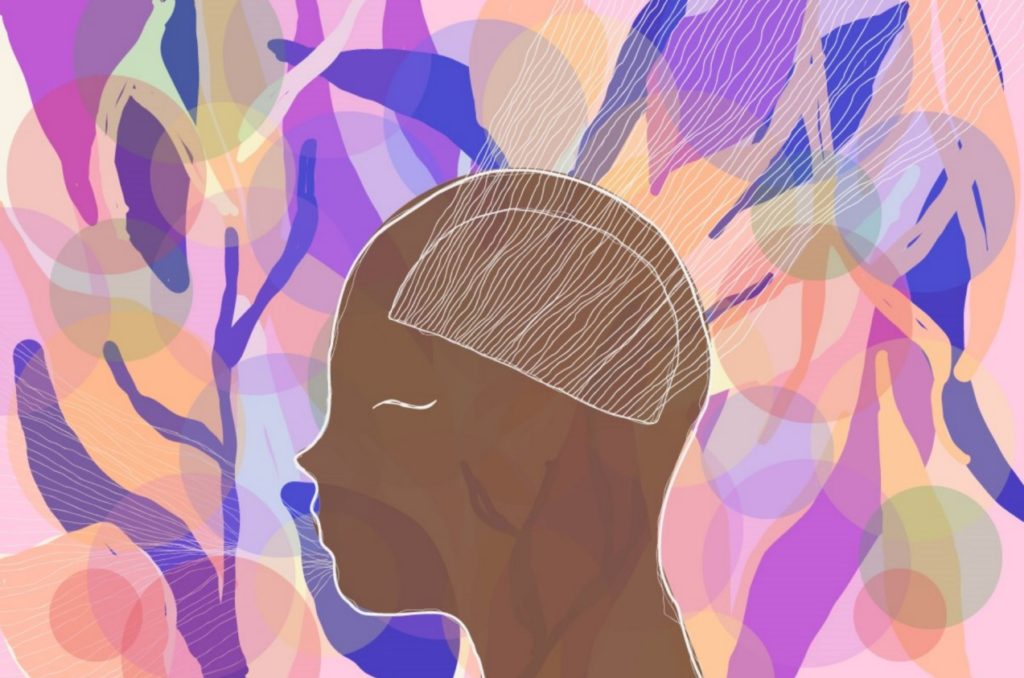Where to find LGBTQ Affirming Therapy In Malaysia & Why It’s Important
By Ken Khoo | 19 October 2020

As LGBTQ people, we face exceptional situations in our everyday lives. The rejection we experience from religious, political and social narratives and communities put LGBTQ people at higher risk of developing mental health issues including depression and anxiety.
We know that LGB youth are almost 5 times as likely to attempt suicide than heterosexual youth, while trans people are 2 times as likely to think about and attempt suicide than LGB people. In Malaysia, where access to mental health care is comparatively low, the many LGBTQ people who seek out support face an additional risk—for not all ‘help’ is truly helpful.
Beware: The pitfall of conversion therapy
Unfortunately for Malaysia, conversion therapy continues to thrive under many guises. It’s not uncommon to hear of cases where religion is misused as a mandate to attempt conversion therapy—even by highly-qualified mental health professionals who should know better.
A report by the Galen Centre details stories of conversion attempts—such as of Damian (not his real name), a cis gay man who, upon disclosing his sexuality to a registered private-sector psychiatrist, was referred to a Christian conversion therapy support group. The psychiatrist said, “They face the same thing you do and want to change. They can change, so can you.”
Luckily, Damian felt secure in his sexuality and did not attend the support group. “But what was horrible was that he (the psychiatrist) went and spoke to my mum privately, who accompanied me to that session. He told her that I was gay because she was a bad parent, and that I picked it up because she allowed me too much access to the internet. While she is okay with me being gay, my mum still feels guilty until this day, as if my depression was her fault. It makes me angry and sad just thinking about it.”
Such realities are a big reason why queer people are hesitant to seek out the help they need. They also underscore the dire need for visible, queer-affirming, principled mental health care for LGBTQ people in this country.
What is queer-affirming mental health support?

Put simply, a queer-affirming mental health practitioner is someone who affirms the client’s sexual orientation, gender identity and expression—regardless of how the client might feel they clash with aspects of their lives. A queer-affirming mental health practitioner understands that being LGBTQ is not a mental illness and that all forms of conversion therapy, whether voluntary or otherwise, are ineffective and deeply harmful. They would never practise it or condone anyone practising it. Instead, a queer-affirming therapist seeks to understand the systems of oppression which affect their client and empathise fully with their situation, putting aside all personal biases.
In Malaysia, many mental health practitioners shy away from the term “queer-affirming”, preferring to identify instead as “queer-friendly”, or taking a neutral stance. But is that good enough?
Shaleen Chrisanne, a queer-affirming freelance clinical psychologist based in KL, strongly disagrees. “You can’t take a neutral stance and conduct queer-affirming therapy at the same time. If a therapist can’t affirm a person’s sexuality and gender identity that is not within their heteronormative beliefs, then they can’t truly empathise or remain bias-free when conducting therapy.”
During vulnerable moments in therapy, mental health practitioners must affirm their clients’ sexualities and gender identities, because to attempt conversion or enable denial of any sort can cause deep and lasting damage.
Yet terrifyingly, we’ve found in our interactions that some mental health practitioners who identify as “queer-affirming” and many who identify as “queer-friendly” declare that they would still conduct conversion therapy, if the “client says they hate being gay”. So, my queer friends, if we’re going to bare our souls and our inner worlds to a trusted someone, I say better to double-check.
How to know if your counsellor, psychologist or psychiatrist is LGBTQ affirming—by Shaleen Chrisanne
/what-happens-when-you-think-4688619_round3_standardsize-9871b8430824491fb39590ef45571de4.gif)
- Ask your therapist difficult questions before you begin therapy. Most importantly, ask them about their opinion on conversion therapy. If they agree with it or say that they would do it if it was the clients’ wish, then get out of there.
- Ask their opinion on homo/bi/transphobia. You could also bring up certain cases involving queer people that has happened in Malaysia and ask them what they think about it. A queer-affirming therapist would not encourage any form of discrimination/prejudice against the queer community.
- See if they avoid having the conversation. A queer-affirming therapist would be comfortable speaking about issues on your sexuality and gender identity without hesitation.
- Remember: qualifications and experience don’t make you queer-affirming. It’s not so much about how much the therapist knows but it’s more about their attitude and beliefs about queer people.
- If you feel the need to hide your identity, it’s better to leave. Shaleen recommends never to withhold information from your therapist, even if they’re not queer-affirming, as it could affect the overall therapy process. Just be honest. If you feel uncomfortable for any reason, you have the right and the duty to your wellbeing to seek out another therapist that can help you better.
So where can I find queer-affirming mental health support?

Despite the scarcity of queer-affirming therapy in Malaysia, there are some ways for LGBTQ folx to get mental health support:
- BlueBird by PLUHO – A volunteer-run, mental health referral platform by PLUHO. It connects LGBTQ people in need of mental health support with queer-affirming mental health service providers who have been vetted by PLUHO. LGBTQ individuals in Malaysia seeking counselling or therapy may submit a referral request here. BlueBird also runs workshops for mental health professionals on queer-affirming therapy; for more details, email the team at bluebird@pluho.org.
- CHCC – A community-based clinic that partners with PT Foundation to serve LGBTQ healthcare needs. They provide inexpensive in-person therapy and online counselling in addition to sexual and general health services.
- Befrienders – A free helpline, open 24/7, for people who are lonely, in distress, in despair or having suicidal thoughts. Although not specifically queer-affirming, Befrienders volunteers provide a listening ear during periods of emergency.
- PLUsos live chat – A live chat service open every Monday and Wednesday, 8-10pm on their website (chat box at bottom right corner). Though primarily Chinese-medium, other language communities are welcome too.
- Mentalogue – A social enterprise that runs a nonprofit web app to increase public accessibility to Malaysia-based therapists (not specifically queer-affirming). Their series of blog articles are a great starting point to learn more about therapy in Malaysia.
This list is far from exhaustive and may be updated from time to time. If you know of any resources that were missed out, please send us an email at hello@queerlapis.com. Or, if you’re a mental health practitioner in Malaysia, check out this article and survey on Queer Lapis (which, by the way, is still accepting responses!).
Additionally, Some LGBTQ community groups curate a private list of queer-affirming mental health practitioners based on past members’ experiences. Try reaching out to leaders in your community to check if this information is available, or connect with the BlueBird team. And if you have queer friends who have been to therapy, you could ask about their experiences or recommendations.
Consider other factors

1. Cost
Fees for therapy usually range from RM150 to RM400 per session. That’s quite a wide range, so it’s best to address the question of fees upfront, while you are assessing your compatibility with different therapists. Luckily, for those of us who are strapped for cash, there are some ways to access affordable therapy:
- Many therapists offer discounts on a case-by-case basis, usually to suit your income level. Try asking if a “sliding scale” option is available—this means your fees would be adjusted as a % of your monthly earnings.
- Some therapists also offer package deals and instalment options, which could relieve the financial burden of therapy. Always enquire about this upfront.
- Some centres offer sessions with trainees for cheap, usually around RM50 per session. All trainee sessions are supervised by qualified professionals—the main difference is that trainee sessions may progress at a slower pace.
- Certain NGOs provide counselling for free or at reduced rates, such as PT Foundation, All Women’s Action Society (AWAM), Women’s Aid Organisation (WAO), and others. Contact them directly to get more details.
- If you need affordable medication, some public hospitals provide consultations with psychiatrists for around RM30 or less. Public hospitals also provide subsidised therapy; however, due to the irregularity of appointments, it may not be as effective as private options.
2. Getting the right help
Generally, there are three categories of mental health professionals in Malaysia:
- A licensed counsellor provides therapy for milder, less debilitating conditions. They’re good if you need support on problems arising from typical life stresses or issues associated with school, work or family settings, and can help you navigate difficult emotions and situations such as grief, breakups, health issues, or caring for another. There are also counsellors who specialise on couples or relationship therapy for queer people.
- A clinical psychologist provides therapy for more debilitating conditions, and is equipped to diagnose and treat moderate to severe mental disorders. Many clinical psychologists specialise in the treatment of certain disorders; it’s worth asking about this upfront when finding the expert you need.
- A psychiatrist is a medical doctor who uses a combination of therapy and medication to treat mild-to-severe mental disorders. Out of the three categories, psychiatrists are the only professionals authorised to prescribe medication.
If this sounds confusing, rest assured that all of these professionals are well equipped to handle most cases, and are able to refer you to someone else if your case is not within their scope of expertise.
If you know someone struggling, please share this article with them. You never know whose life you can change.
Ken Khoo is part of the core team at PLUHO and the BlueBird project. Generally low-profile online, he is occasionally active on Instagram as @keonada.
Shaleen Chrisanne is a queer-affirming freelance clinical psychologist. She is reachable by email at shaleenchrisanne.clinpsych@gmail.com and on Twitter at @shaleenxanne.

